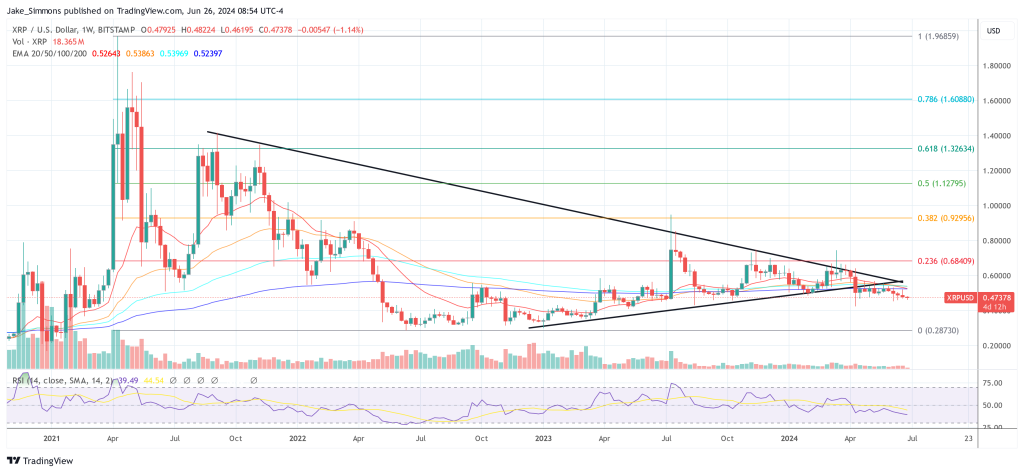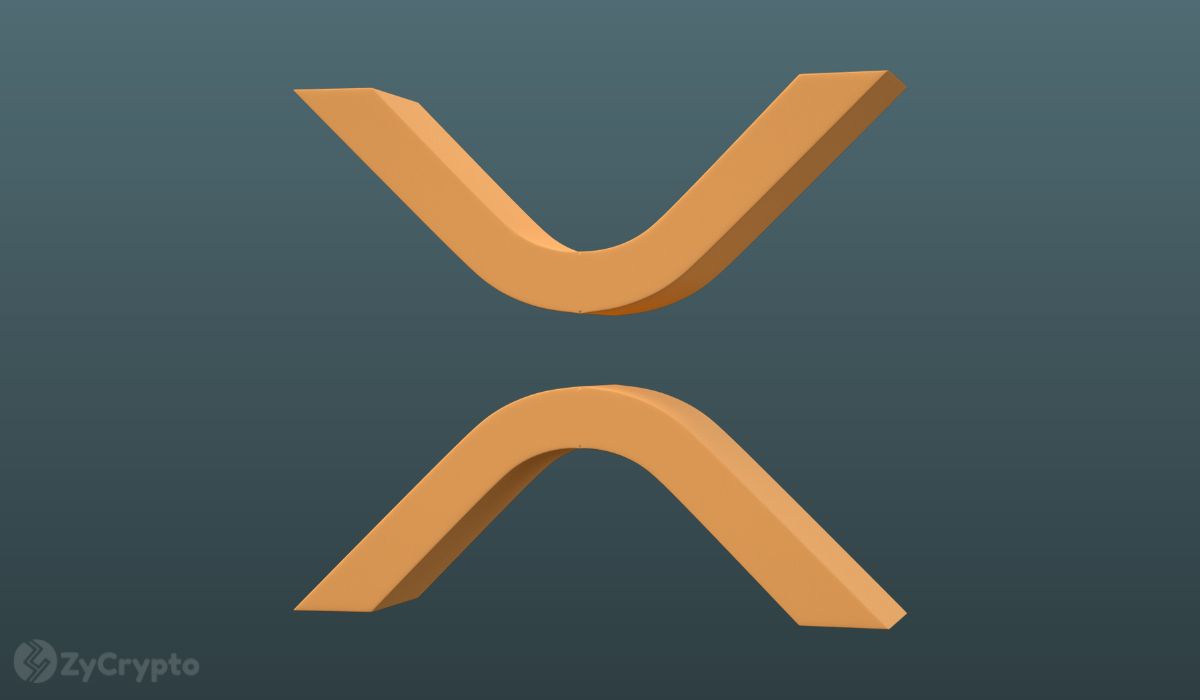ARTICLE AD BOX
In an interview with Frank Chaparro on “The Scoop,” Ripple President Monica Long elaborated on the company’s plans to launch a US dollar stablecoin (RLUSD) and discussed the potential for an XRP exchange-traded fund (ETF). This comes after gaining significant regulatory clarity from the US courts last July regarding XRP’s status, not as a security but as a commodity, which has catalyzed new business opportunities for Ripple in the United States.
Ripple’s Strategic Vision For RLUSD
According to Long, the decision to introduce a stablecoin is driven by the needs of Ripple’s existing payment clients and banks, emphasizing the role of stablecoins in facilitating cost-efficient and transparent transactions. “The US dollar stablecoin is aimed at optimizing efficiency in major payment corridors where liquidity is abundant, such as USD to EUR transactions. In contrast, XRP will continue to serve as a bridge asset, particularly in more costly and less liquid payment corridors,” Long explained.
She highlighted that stablecoins offer a complement to XRP in Ripple’s ecosystem, serving different needs in the payments landscape. The development of the stablecoin has been in the works, with Ripple leveraging its robust partnerships and regulatory compliance to ensure the new offering is well-received and trusted in the market.
Notably, Ripple’s ambition extends beyond payments into broader blockchain solutions for enterprises. Long elaborated on the strategic shift, “We’ve identified some new opportunities for Ripple to be a holistic enterprise blockchain infrastructure provider.” This includes enabling financial institutions to engage in activities such as real-world asset tokenization and providing end-to-end infrastructure for various financial services.
This expansion is supported by significant infrastructural investments, including connectivity between blockchains and traditional financial rails, compliance features, and custody services acquired through Ripple’s acquisition of the company Metaco.
Despite Ripple’s legal victory providing some relief, Long expressed concerns about the ongoing regulatory challenges in the US, particularly with the SEC’s aggressive stance on crypto regulation. “The clarity around XRP specifically has been very helpful […] [but] the overall temperament of the US government, I mean the SEC, has not slowed down its war on crypto; it’s only accelerated,” Long stated.
However, she also noted positive regulatory developments internationally, where countries like Singapore and Brazil have implemented clear, supportive regulations for crypto businesses. “Places like Europe […] with the MiCA, has been a tremendous turning point,” Long added, acknowledging the supportive environment for blockchain innovation in these regions.
Outlook For An US Spot XRP ETF
Discussing the potential for an spot XRP ETF in the United States, Long underscored the significance of the legal clarification of XRP’s status. “XRP has been trading within the top 10 for how long, maybe its entire life and on the top exchanges like Coinbase,” Long remarked. She further highlighted the unique position of XRP: “The court’s ruling last year […] that’s pretty meaningful” and added, “with the clarity that XRP is not a security, and given its sustained high trading volumes, it’s logical to consider an ETF as a sensible next step.”
An ETF would not only capitalize on XRP’s market presence but could also attract more institutional investors, broadening the asset’s accessibility and integrating it more deeply into the traditional financial markets.
At press time, XRP traded at $0.47378.

.png)
 6 months ago
6
6 months ago
6








 English (US)
English (US)